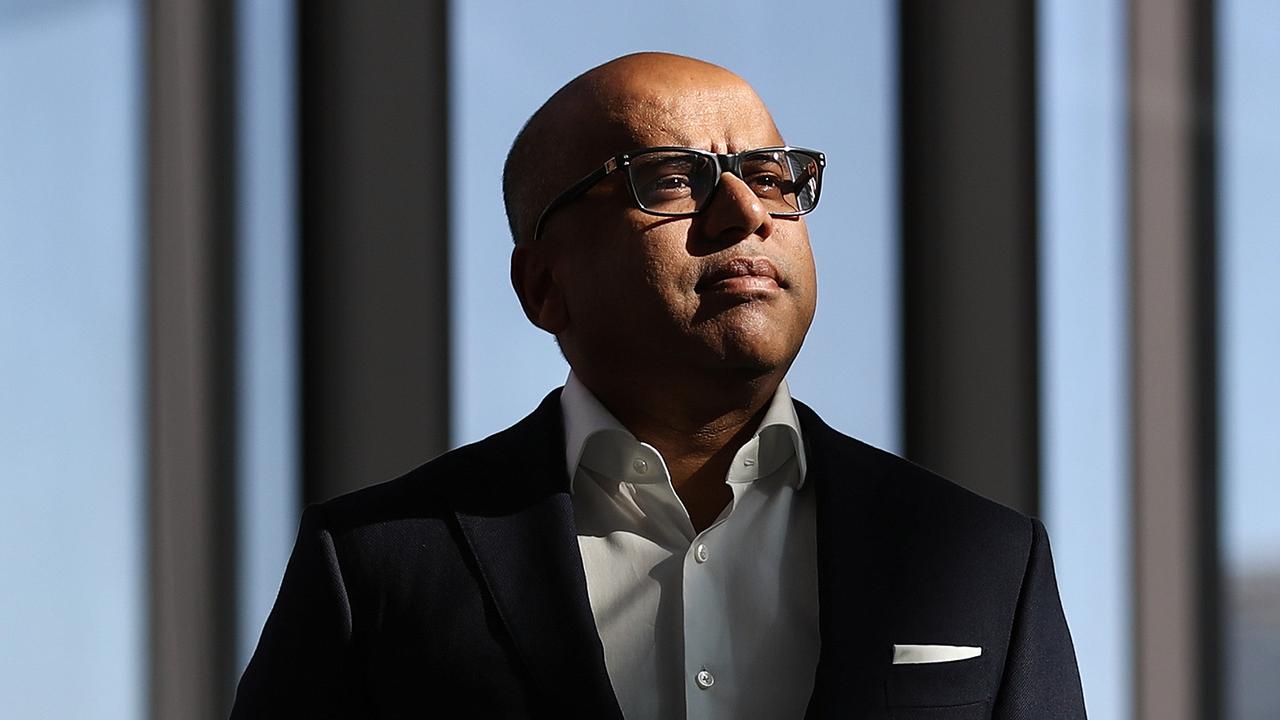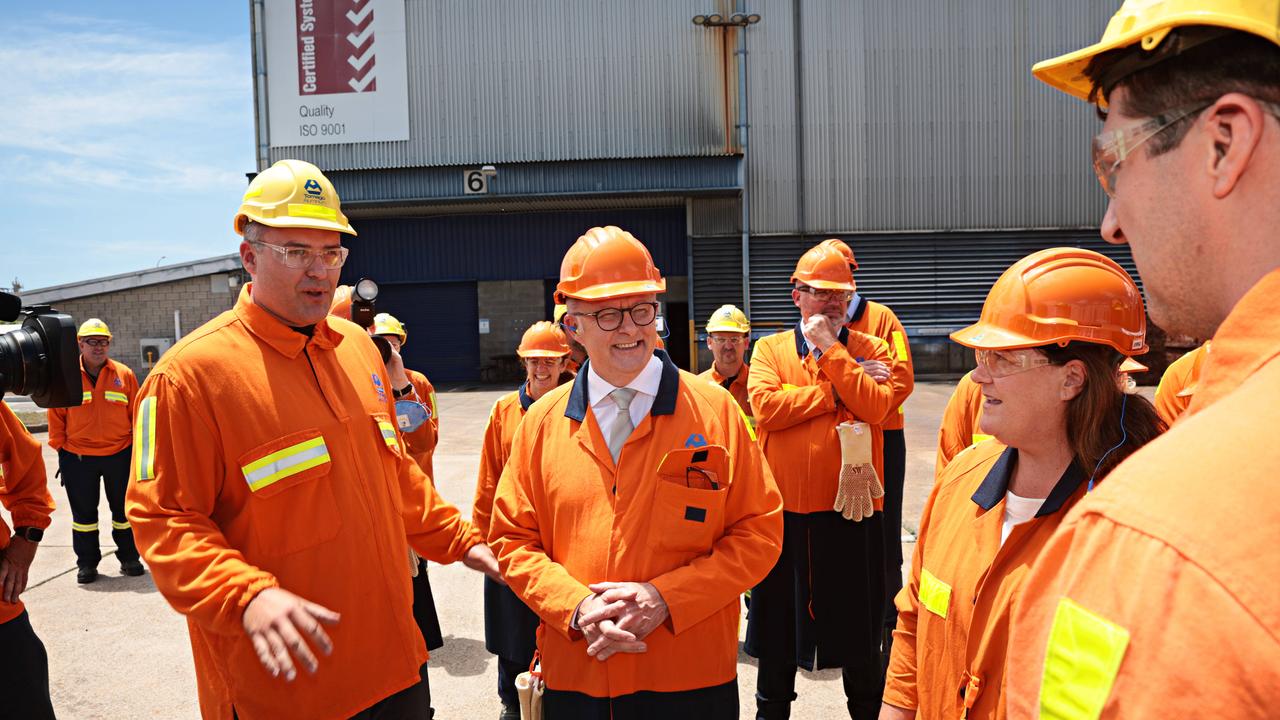Seeley International slams Australia’s IR, anti-gas policies
Australia’s largest gas heating manufacturer has taken a swipe at “illogical” IR and anti-gas reforms, saying they’ve created huge uncertainty in the market.

Business
Don't miss out on the headlines from Business. Followed categories will be added to My News.
Australia’s largest gas heating manufacturer has slammed the federal government’s industrial relations reforms and Victoria’s anti-gas policies, saying the two “illogical” moves have cost the company dozens of jobs and will do nothing to improve the environment.
Seeley International operates two manufacturing sites in Australia, but announced earlier this year it would close its operations in Albury, on the NSW-Victoria border, and consolidate operations at its head office in Adelaide.
The company blamed the Victorian government’s aggressive move to phase out gas as a key reason behind the closure, along with changes to casual worker laws which undermined the employment of a seasonal workforce at the site.
While more than 100 jobs were expected to be redeployed at the company’s main factory in Lonsdale, south of Adelaide, Seeley International managing director Jon Seeley said government rhetoric on energy policy had created “disruption and uncertainty” in the market, and had a major impact on demand for the company’s products.
“We did take a decision to consolidate operations into our South Australian headquarters — it was driven by the need for efficiency, and also by the federal government’s extreme IR laws which penalise casual employment,” Mr Seeley told The Australian.
“The Victorian government’s extreme, illogical anti-gas stance has also come into this — this concern about how that is having unintended impacts on the market.
“Because if customers keep hearing those things from the government, then they go, ‘maybe I do need to change my gas heater because they’re going to switch off gas’.
“But gas is still a smart choice, especially in Victoria, where the alternative, actually, if you electrify, is that it drives emissions up. And that’s acknowledged even by the people who are promoting rapid electrification.”
Mr Seeley said a transition away from gas needed to happen but should be done in an “orderly” and “sensible” way guided by science and economics.
Last month the company commenced an advertising blitz in Victoria, underlining the important role it believes gas should play in the energy transition.
It’s a direct challenge to the Victorian government’s gas substitution road map, which has banned gas connections to new homes, and is incentivising households to replace their gas appliances with electric alternatives.

“We should all be doing what we can for renewables, but the idea that in the short-term we’re switching gas appliances out, with no consideration for the environmental impact of throwing out perfectly good appliances to replace them with brand new ones, fully imported from China, is ridiculous,” Mr Seeley said.
“Their argument is let’s get the appliances all changed over right now, and then eventually, when we get more renewables into the grid, then we’ll be in a better position.
“We say follow the science, follow the engineering, and the reality is all of those big renewables projects, they are all stalled for environmental reasons. The goal is completely out of reach. We do support a transition but do it right, do it smart.”
Seeley employed more than 500 people at its peak, but this number is down to about 460 as the company prepares for the energy transition.
It recently launched a new Braemar Dominator Series, which enables households to retrofit their ducted gas heating systems with an all-electric alternative.
And it is also ramping up production of its energy-efficient Climate Wizard Hybrid model, which it developed specifically for the US market.
The company exports its products to residential and commercial customers across the world.
Seeley’s latest financial report, filed with ASIC this week, shows revenue increased by 1 per cent in the 12 months to September, to $177.8m, while net profit was 25 per cent higher at $409,700.
Mr Seeley said the cost of living crisis was having an impact on customer demand, which continued to soften following the end of the Covid-era building stimulus.
“If you refer back to Covid, there was a home renovation boom … including people upgrading their conditioning. That’s certainly come off now and the pendulum is back at the other end where people are not spending money, and are trying to conserve it because of concerns about daily living costs,” he said.
“Everyone’s cost of living is going up … and we have a federal government that keeps coming out with expansionary budgets, and trying to assure us that it will reduce inflation.”
More Coverage
Originally published as Seeley International slams Australia’s IR, anti-gas policies





